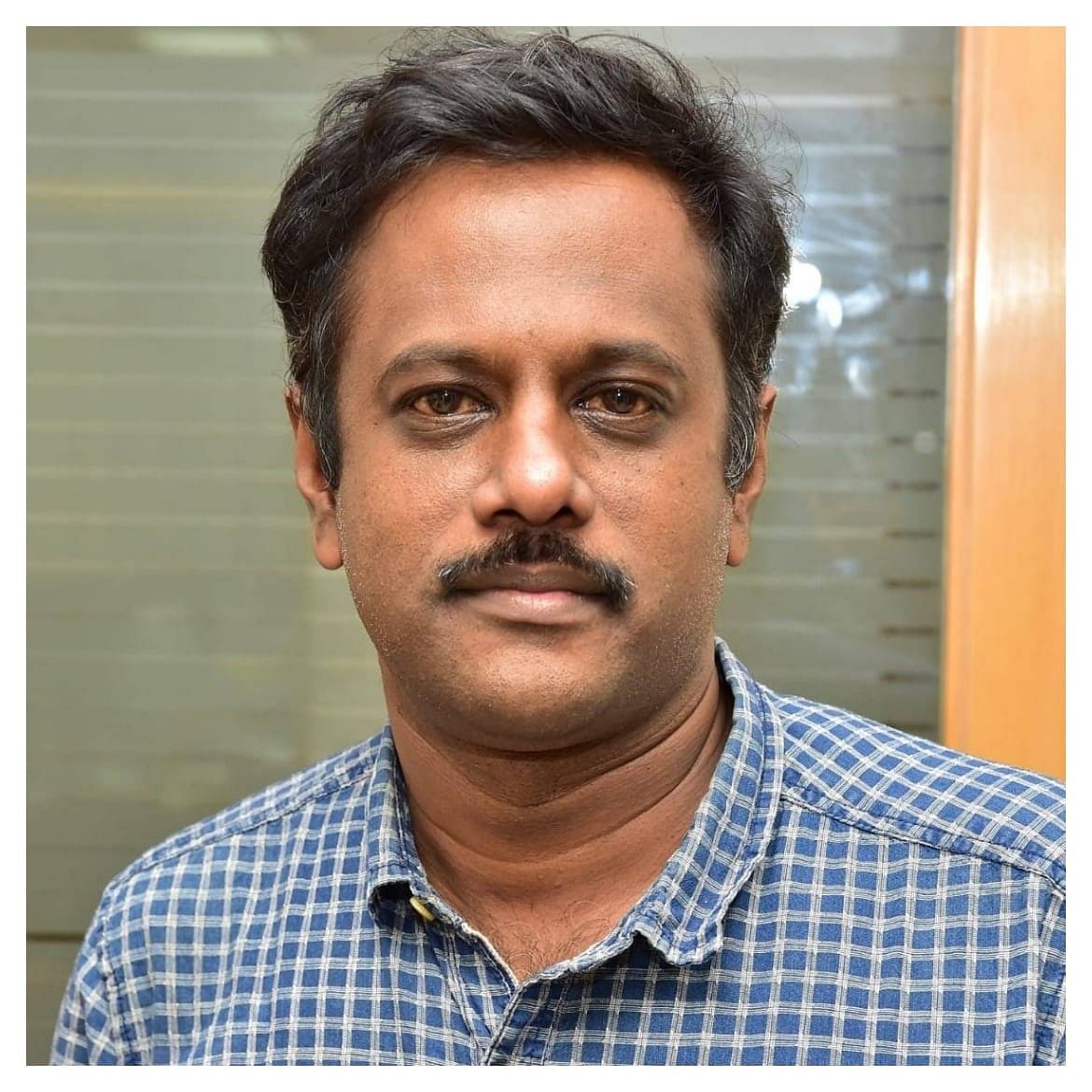Gowda's humble farmer claim didn't go well with Shekhar
Former Prime Minister Chandra Shekhar felt that Deve Gowda was insulting the nation and the position of Prime Minister by dubbing himself a “humble farmer” when he had all the power at his command, a new biography on the veteran socialist leader has said.
The book ‘Chandra Shekhar: The Last Icon of Ideological Politics’ by Rajya Sabha Deputy Chairman Harivansh and research scholar Ravi Dutt Bajpai also has not so flattering comments on former Prime Minister V P Singh, whom Chandra Shekhar succeeded after a split in Janata Dal, too.
Chandra Shekhar, who breathed his last in July 2007 at the age of 80 years, “considered” his humble origins as a necessary training ground for future assignments rather than a “publicity stunt”, the authors write. Harivansh, a journalist-turned-JD(U) MP close to Chandra Shekhar, was his Additional Information Officer when he was Prime Minister.
As Gowda “loved” to dub himself “humble farmer”, the book says Chandra Shekhar advised the JD(S) patriarch, who assumed the post of Prime Minister in 1996, to understand that once he had taken over the reins, he was “not a humble farmer any more”.
“As the Prime Minister of the biggest democracy, Chandra Shekhar reminded Deve Gowda that being the representative of India and its vast population, its administrative setup and its armed forces, and with all the resources of the country at his disposal, he should not feel enfeebled or vulnerable,” the book, which will be released by Prime Minister Narendra Modi, says. Chandra Shekhar’s son Neeraj Shekhar resigned from Rajya Sabha and joined BJP recently.
Gowda, who was catapulted to the powerful position unexpectedly in 1996, repeatedly invoked his origins to deflect criticism.
Chandra Shekhar, who was Prime Minister between November 1990 and June 1991 before Congress pulled the plug of his government, felt that by invoking the “rhetoric of helplessness and self-effacement time and again, Deve Gowda was insulting the nation and the position of the Prime Minister”.
On his bete-noire V P Singh, the book says he assumed the office of Prime Minister in 1989 defeating Congress on the issue of corruption but Bofors issue “mysteriously disappeared from his radar”.
Chandra Shekhar never considered Singh as the “redeemer of Indian politics” and was “highly critical” of his working style. He said Singh would say “one thing to Mulayam Singh Yadav, something else to Lalu Yadav and yet another thing to BJP”, which was supporting the National Front government from outside.
The authors say Chandra Shekhar never made a show of his humble origins or his simplicity as a virtue to attract attention.
“It may be recalled that V P Singh, after resigning from Rajiv Gandhi’s cabinet, went around bare-bodied with just a cotton dhoti wrapped around his waist to present himself as incarnation of Gandhi. On the day, V P Singh was nominated as the next Prime Minister after a tumultuous party meeting, a day he got a new achkan-sherwani-churidar stitched to be suitably dressed for his big day of oath-taking,” they write.
“Chandra Shekhar wore exactly what he had been wearing all his life, at his oath-taking,” they add.
As his health deteriorated, the book says, then Prime Minister Manmohan Singh had asked Chandra Shekhar’s political advisor H N Sharma to write a letter so that he be flown to the United States for treatment. When he saw the letter, Chandra Shekhar tore the letter up.
“It took a lot of persuasion from by Manmohan Singh, (UPA Chairperson) Sonia Gandhi and (then Vice President) Bhairon Singh Shekhawat, for him to make a trip to the US for his treatment around March-April 2006,” it says.
